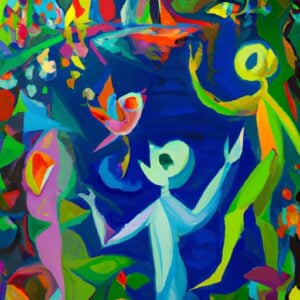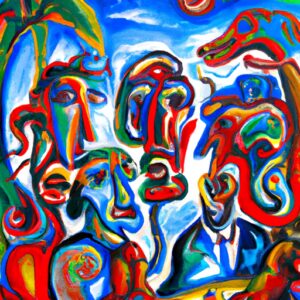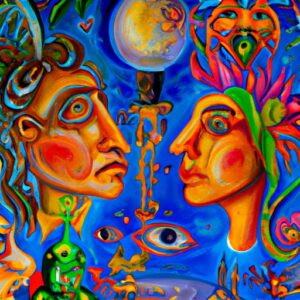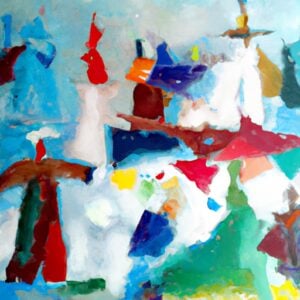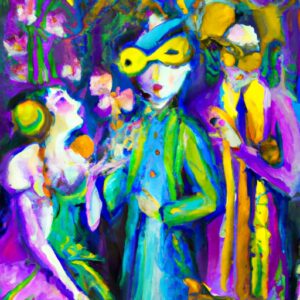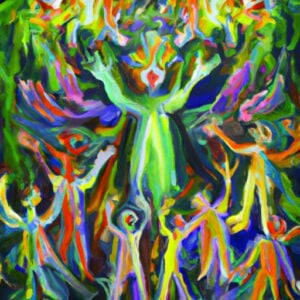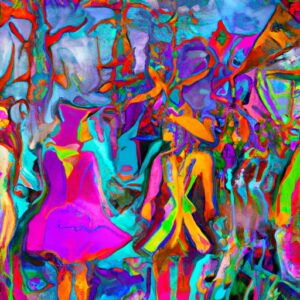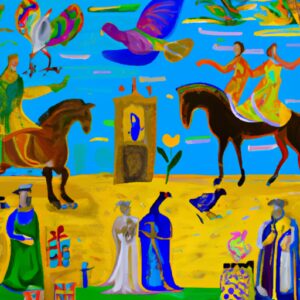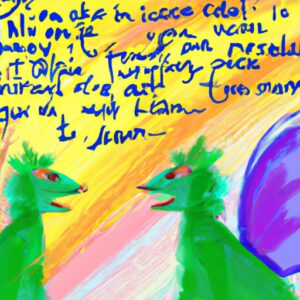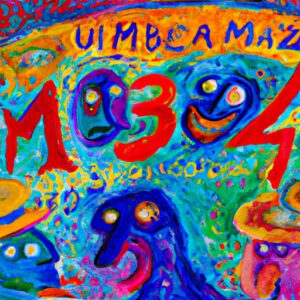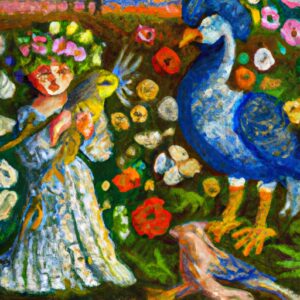The Italian Week
With them, you’ll be able to plan to go for a cappuccino with a friend or schedule a business meeting with your Italian team at work.
Not to mention the fact that you will know on which days the museums are closed during your trip around Italy!
So, let’s waste no more time and start with this Italian days of the week guide!
I giorni della settimana
Yes, this means “the days of the week” in Italian: i giorni (the days) della (of the) settimana (week).
Let’s see what they are!
Monday – lunedì
Tuesday – martedì
Wednesday – mercoledì
Thursday – giovedì
Friday – venerdì
Saturday – sabato
Sunday – domenica
Did you notice? The first five days of the week (lunedì, martedì, mercoledì, giovedì, venerdì) end with dì, where the stress of the word falls. This is an old way of saying giorno (day), the equivalent of Mon-day, Tues-day, etc.
What is more, in Italian the days of the week derive from the planets! So lunedì is the day of the moon (luna in Italian), martedì is the day of Mars (Marte), mercoledì is the day of Mercury (Mercurio), giovedì is dedicated to Jupiter (Giove) and sabato is Saturn (Saturno).
Oh, and the only exception is domenica, which is the day of the Lord (which derives from the Latin dominus – Lord).
Italian days of the week: Rules
The days of the week in Italian are all masculine, except domenica, which is feminine.
However, we generally do not use an article with the days of the week, unless we are talking about a repetitive action. Have a look at the difference in meaning between the two examples below:
Domenica vado in montagna.
On Sunday I am going to the mountains.
La domenica vado in montagna.
On Sundays, I go to the mountains.
In the first sentence, I am saying that I will go to the mountains THIS Sunday. In the second sentence, however, the article la denotes a repetitive action, a habit: Usually, on Sundays, I go to the mountains.
Let’s see another example:
Giovedì non posso.
I can’t on Thursday.
This means I cannot do this Thursday.
Il giovedì non posso.
I can’t on Thursdays.
If we add the article il, it means I cannot do any Thursdays.
Another occasion in which you can use the article is if we talk about and describe one day of the week in general:
Il sabato è il mio giorno preferito.
Saturday is my favourite day.
Odio il lunedì!
I hate Mondays!
Another way of talking about a recurring action or habit with regards to days of the week is to use the preposition di. This has basically the same meaning as using an article.
Cosa fai di domenica?
What do you do on Sundays?
Faccio sempre la spesa di lunedì.
I always go shopping on Mondays.
Another thing you must have noticed, by now, is that the days of the week are not capitalized, and no, it is not a typo!
Actually, English is the odd one, and in Italian (and in many other languages) the days of the week do NOT start with a capital letter. Doing otherwise is considered a mistake.
If you want to say “every Monday, Tuesday, etc.”, you can use the sentence tutti i… Be careful though, the name of the day does not change to the plural, it stays the same… Except for domenica (Sunday), which becomes domeniche (Sundays).
Vado a correre tutti i lunedì.
I go running every Monday.
Tutte le domeniche vado a pranzo dai miei genitori.
Every Sunday I have lunch at my parents’.
Before you read on, check this amazing infographic for Italian days of the week
Italian days of the week in context
Let’s have a look at some examples of how to use the Italian days of the week in context.
Che giorno è oggi?
What day is it today?
Oggi è lunedì.
Today is Monday.
Cosa fai martedì sera?
What are you doing on Tuesday night?
La riunione è mercoledì alle 11.
The meeting is on Wednesday at 11 am.
Cosa fai di solito il giovedì sera?
What do you usually do on Thursday night?
Ti va di andare al mercato venerdì mattina?
Shall we go to the market on Friday morning?
Di sabato esco sempre in bicicletta.
On Saturdays, I always go cycling.
La domenica è il mio giorno preferito.
Sunday is my favourite day.
Other words you might want to know when talking about days of the week are:
- ieri: yesterday
Ieri era sabato.
Yesterday was Saturday.
- oggi: today
Oggi è domenica.
Today is Sunday.
- domani: tomorrow
Domani è lunedì.
Tomorrow is Monday.
- dopodomani: the day after tomorrow
Martedì non è domani, ma dopodomani.
Tuesday is not tomorrow, but the day after tomorrow.
- il fine settimana: the weekend
Cosa farai questo fine settimana?
What will you do this weekend?
Lately, instead of fine settimana, many young people also say il weekend.
Cos’hai fatto questo fine settimana? – Cos’hai fatto questo weekend?
What did you do this weekend?
Check also 1000 most common Italian words and Italian phrases to learn more.

